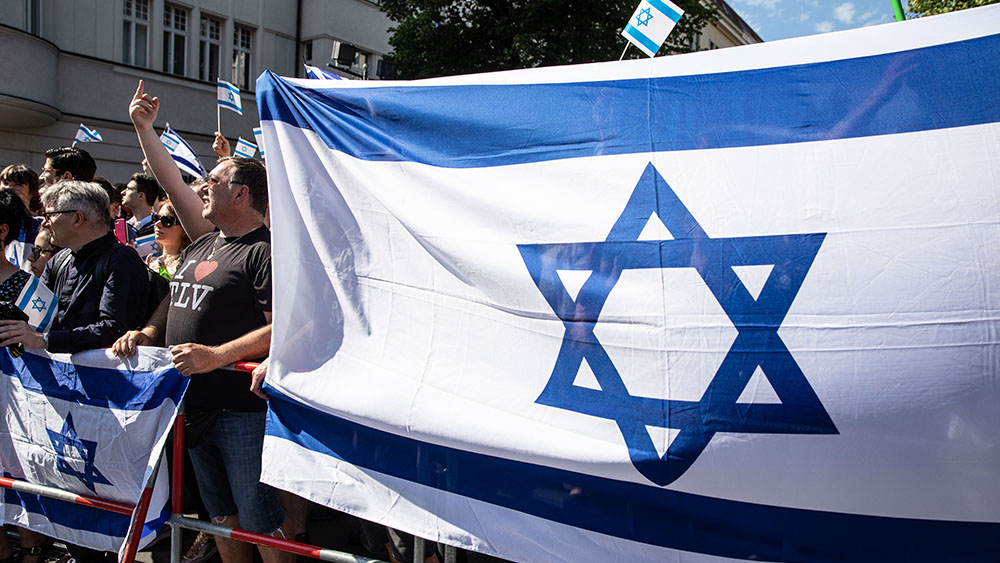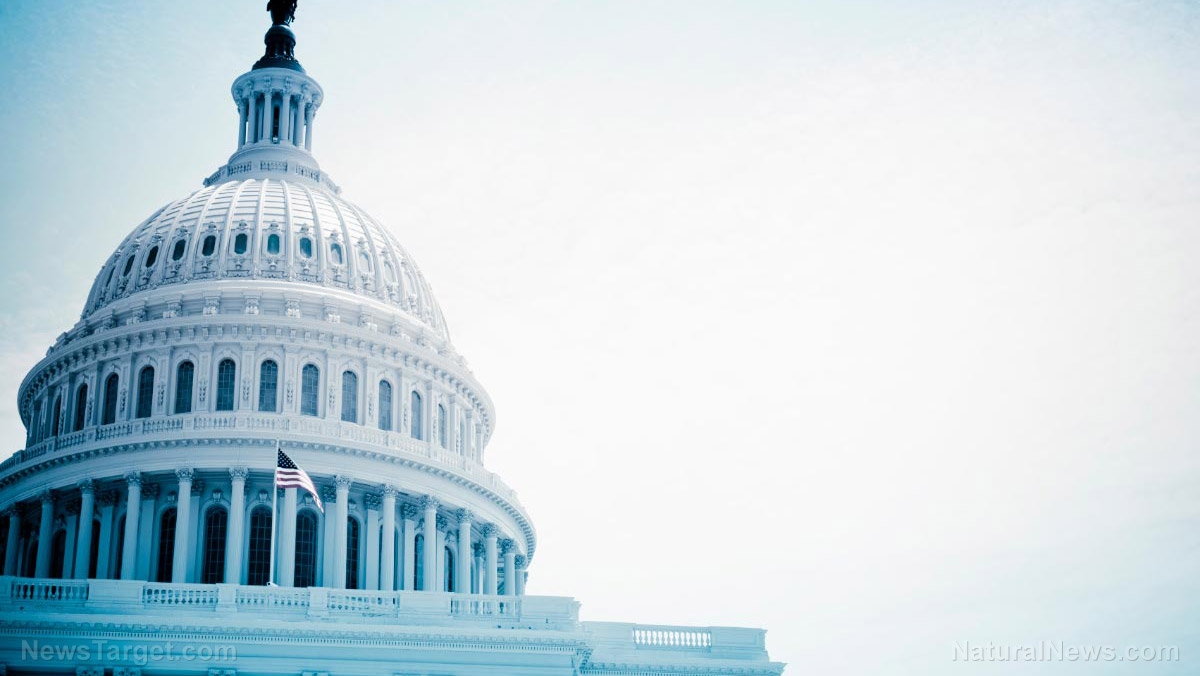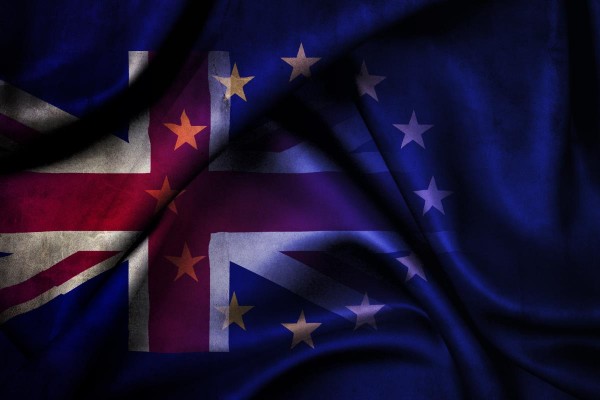 Parler
Parler Gab
Gab
- Transparency Decline Sparks Concern: Over 62% of donations to the WHO Foundation since its 2020 launch have been made anonymously, with that figure rising to nearly 80% in 2023—prompting warnings about hidden commercial influence over WHO priorities and governance.
- Potential Conflicts of Interest: Researchers and public health experts fear that anonymous or industry-linked donations—such as those from companies like Meta—may align with corporate interests rather than public health needs, posing ethical concerns and undermining trust in WHO programs.
- Foundation Defends Safeguards: The WHO Foundation insists all donors undergo due diligence and that anonymous gifts are reviewed by a special gift acceptance committee; it also rejects donations from tobacco and firearms companies, but remains vague on other controversial industries like alcohol or fossil fuels.
- Calls for Greater Accountability: Experts warn the foundation’s falling transparency—graded "D" by Open Democracy—mirrors “dark money” practices, and stress that transparency is vital to prevent corporate capture and maintain the legitimacy of the WHO’s global health mission.
WHO foundation relies heavily on anonymous donors, sparking concerns about conflicts of interest
The WHO Foundation has disclosed more than $82 million in contributions over three years, but more than 62% of this total came from unnamed donors. The trend is worsening: in 2023, nearly 80% of contributions were anonymous, compared to 40% in the foundation’s first two years. Some anonymous donations were as large as $11 million. Using a transparency scoring system by Open Democracy, researchers gave the foundation a “D” grade—equivalent to organizations labeled as “dark money” think tanks. The foundation argues that it conducts due diligence on every donor, including anonymous ones, and that every donation is subject to internal review and a governance framework. Parul Pandey, a foundation spokesperson, stated that anonymity requests face additional scrutiny and that transparency reports are published biannually. Despite these assurances, academics and public health experts warn that donations from corporations—especially those in industries such as alcohol, soda, or infant formula—could influence WHO programs and priorities in subtle but powerful ways. They cite past evidence showing that companies often use philanthropic donations to distract from public health harms or to support lobbying against regulation. One example is Meta’s donation to the WHO’s Department of Communication and Digital Health—an area where social media companies have been criticized for spreading misinformation and affecting youth mental health. Critics are particularly troubled by the growing reliance on anonymous donors at a time when WHO funding is under strain. U.S. President Donald Trump’s 2020 withdrawal of U.S. funding created new urgency for the WHO to diversify income streams. While the foundation’s CEO Anil Soni has pledged to shield the WHO from corporate influence—and has banned donations from the tobacco and firearms industries—it remains unclear if other high-risk sectors like fossil fuels or alcohol are off-limits. Furthermore, donor influence appears to skew funding priorities. Researchers found that many donors target specific high-profile causes, such as vaccines or aid to Ukraine, rather than broader or less visible health needs. This misalignment risks weakening WHO’s ability to address national and global health priorities comprehensively. Although anonymous donations comprise only about 1% of the WHO’s overall budget, experts stress that the optics and risks of non-transparent funding should not be overlooked. As Lisa Bero, a public health and ethics expert, puts it, “Transparency is critical for health organizations.” Without it, the legitimacy and independence of the WHO—and global health governance more broadly—could be undermined. The analysis calls for urgent reform to ensure stronger accountability and clearer disclosure of donors' identities and intentions. Tune your apocalypse dial to preparedness.news for updates on real news about surviving the World Health Organization’s insidious “anonymous” plans for the next plandemic. Sources for this article include: Censored.news NaturalNews.com ChildrensHealthDefense.orgGov. Sarah Huckabee Sanders faces backlash over Arkansas-Israel agreement
By Laura Harris // Share
U.S. State Department launches diplomatic offensive against EU’s draconian CENSORSHIP law
By Ramon Tomey // Share
Bureau of Labor has been deceiving the public with phony jobs data for years
By Lance D Johnson // Share
Britain’s so-called “War on Terror” has morphed into a WAR ON TWEETS
By Lance D Johnson // Share
Governments continue to obscure COVID-19 vaccine data amid rising concerns over excess deaths
By patricklewis // Share
Tech giant Microsoft backs EXTINCTION with its support of carbon capture programs
By ramontomeydw // Share
Germany to resume arms exports to Israel despite repeated ceasefire violations
By isabelle // Share










